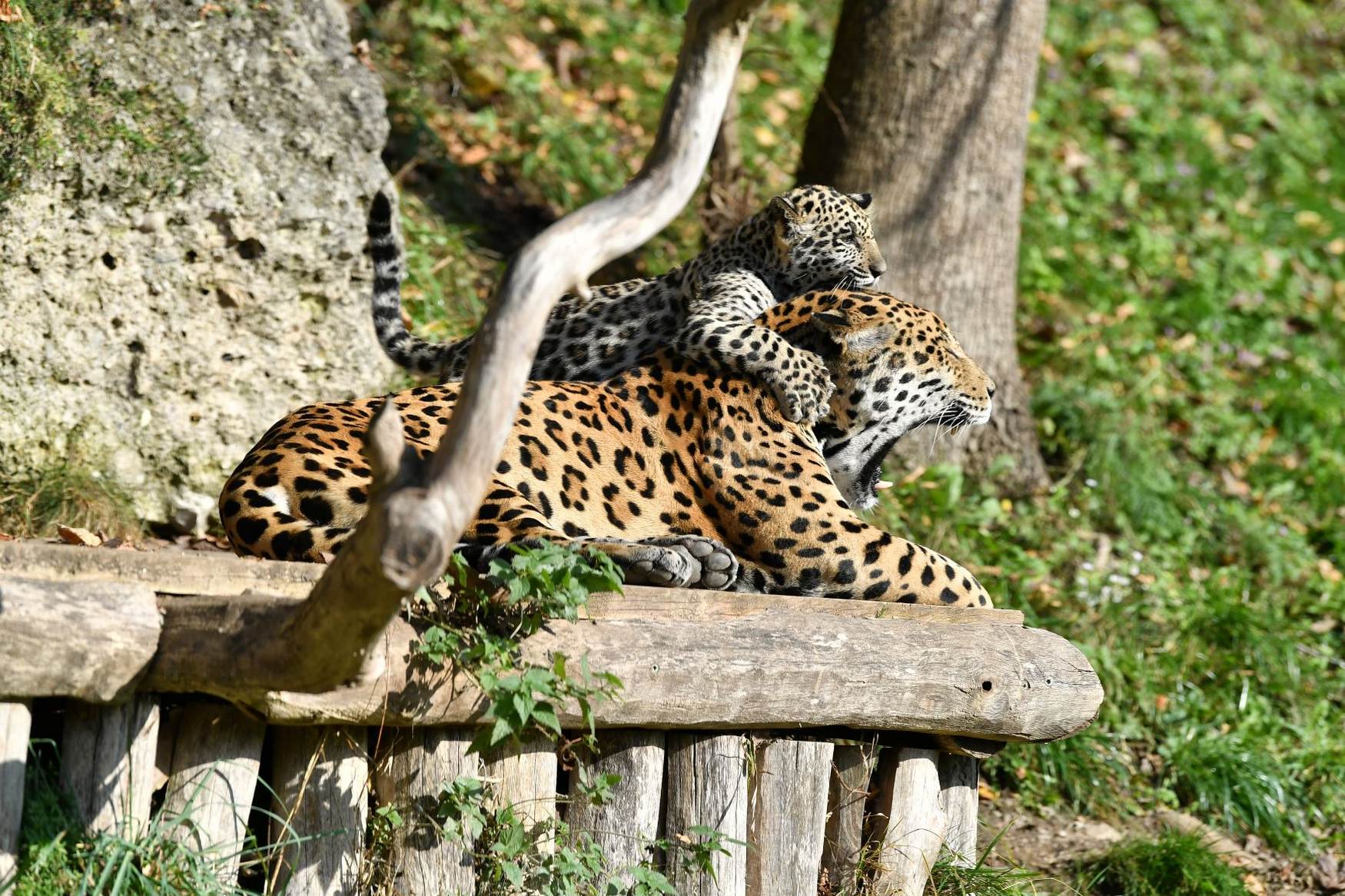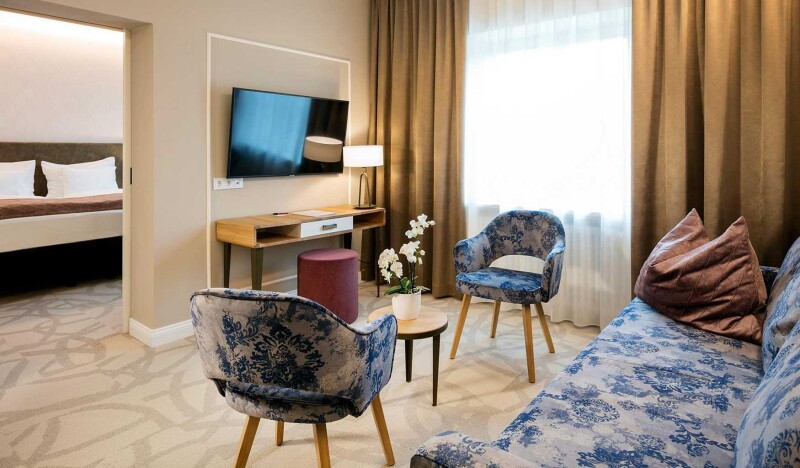If you are planning a trip to Salzburg with the kids, be sure to include the Salzburg Zoo (Tiergarten Hellbrunn) on your list of places to visit. Despite its modest size of 5.6 hectares, there is plenty to see and admire in Salzburg, with over 800 animals from 140 different species (mostly mammals).
The animals are kept as close to their natural habitat as possible. The landscape of Helbrunn is also unique — the paths to the aviaries run along the majestic steep cliffs down to the hilly river valley.
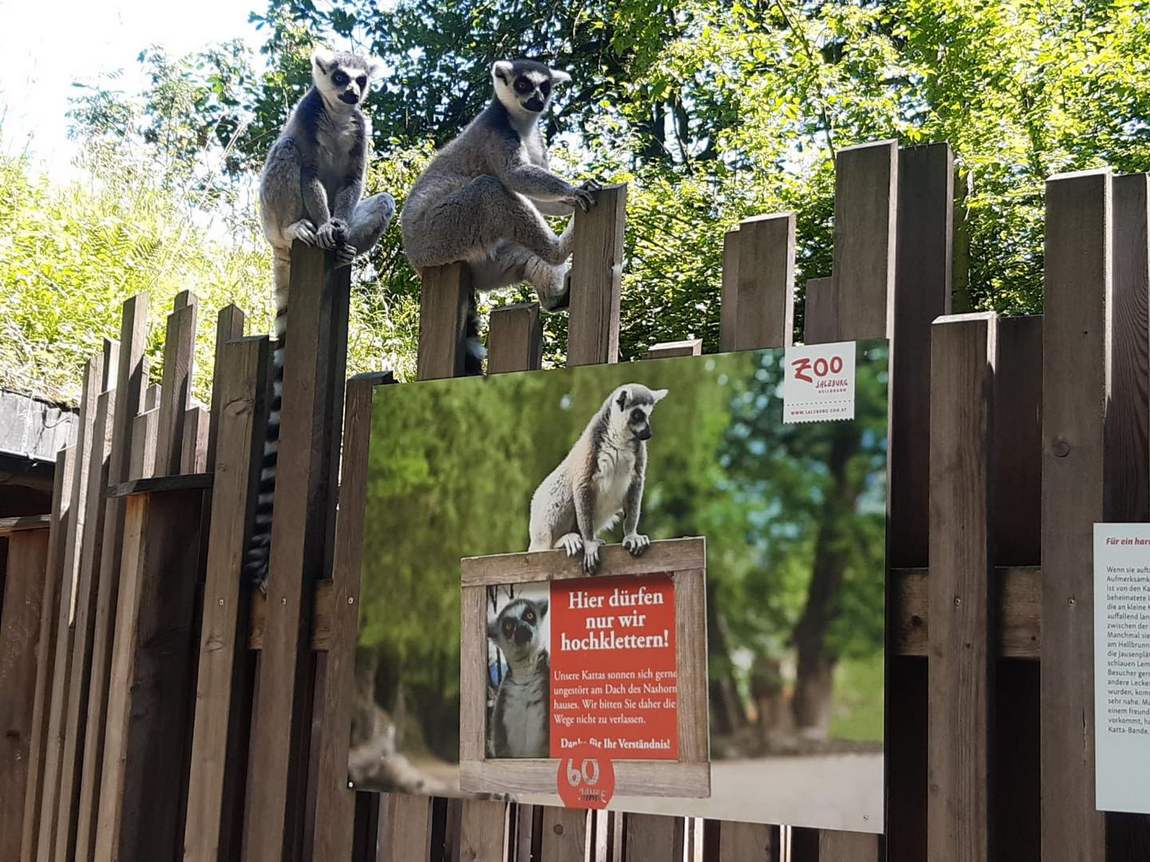
History of the zoo
It's interesting to note that as early as 1424 there was an archbishop's park with fish ponds and flocks of birds on the site of today's zoo. In 1960 the "Friends of the Zoo Salzburg Helbrunn" association was founded. In 1961 the zoo opened its doors to the public for the first time. At that time, its inhabitants were the usual species typical of the region: deer, wild boar, Alpine ibex.
In 1976, Colonel Friedrich Lacchini became the zoo's director. As patrons of the zoo, the Salzburg authorities were responsible for covering its financial losses. At this time, new enclosures for big cats, bison, etc. were built, as well as a large and richly structured bear enclosure.
In 1990 the zoo's concept was completely overhauled and the animals were placed in the park according to the zoogeographical principle. This resulted in corners of Eurasia, Africa, South America and Asia.
In 2018, a new farm building was added to the park (zoo school, veterinary practice, offices and conference rooms, animal housing including sanitary facilities), the gibbon house was extended and an African village was opened.
Every year, around 300,000 visitors come to Salzburg Zoo to enjoy a special and elaborate programme of entertainment for both children and adults.
Territory and inhabitants
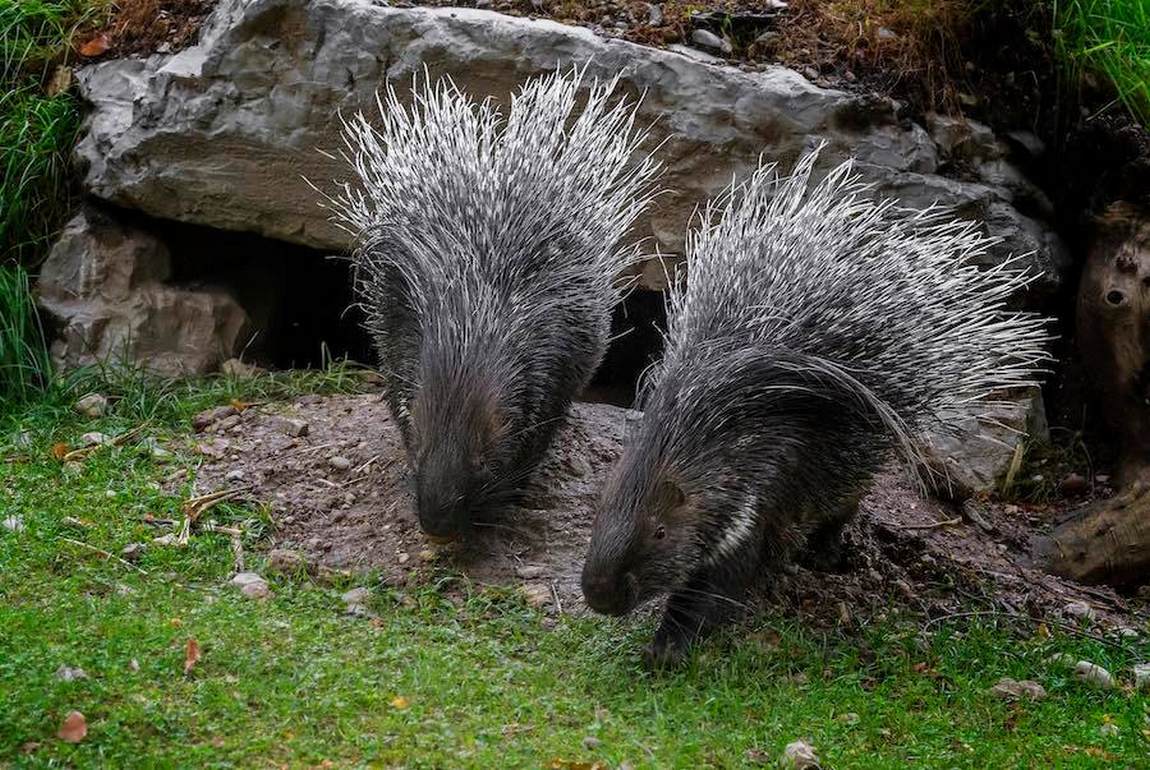
The zoo is situated on a cliff. There is a walkway for visitors and most of the enclosures are open to view on one side while being naturally enclosed by the cliff on the other.
Another part of the zoo is the safari area, where you can see white rhinos, pigeons, lions, antelopes, zebras and caesars strolling peacefully across the vast lawns. White rhinos are also featured on the main symbol of the Salzburg Zoo. In the American section you can see tapirs, prairie wolves, cute and funny monkeys, pumas and jaguars.
Other animals include bears, lynx, tigers, agile lemurs, flocks of pink and chilli flamingos and even a family of red pandas. As you stroll through the park, keep your head up occasionally as birds of prey fly overhead and land in the trees around you.
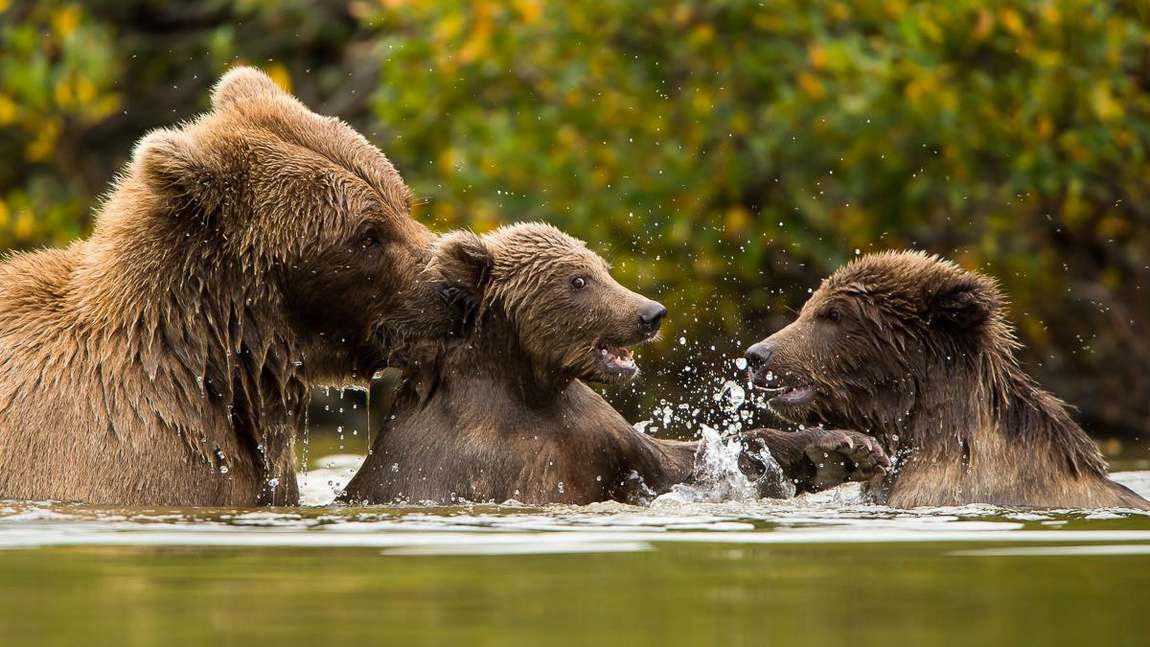
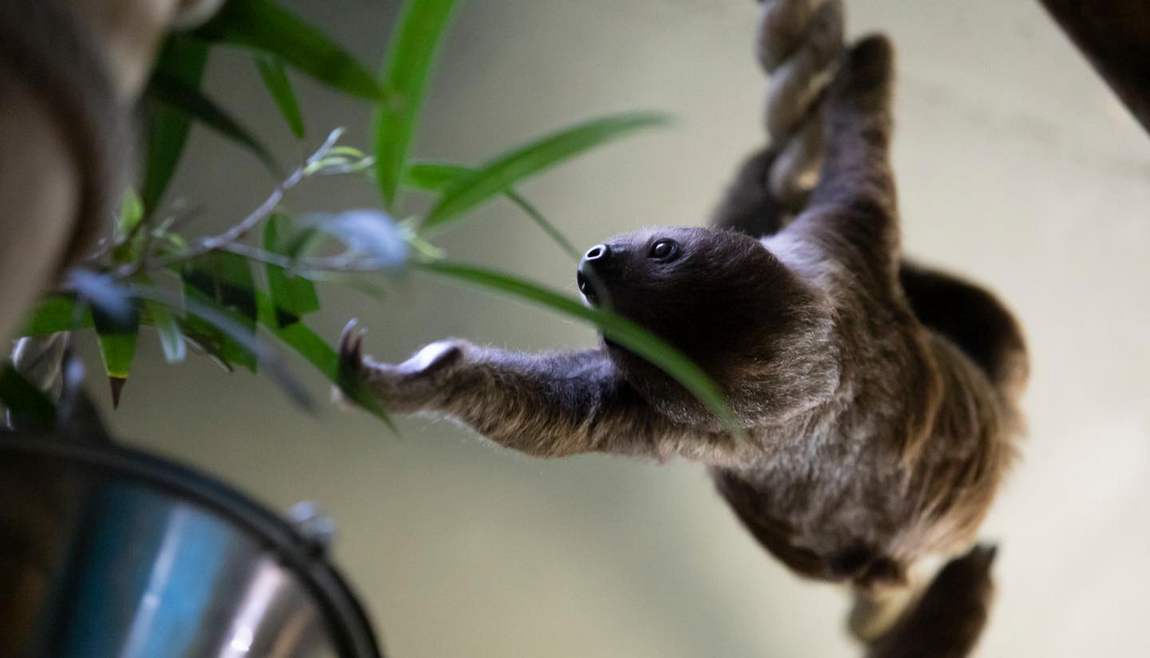
Despite its compact size, Salzburg Zoo is quite cosy and well thought out for its inhabitants and visitors. All the enclosures and huts are well kept, some in conservatory style with glass walls. Most of the rooms in the park are passageways and have two doors.
The zoo is currently carrying out serious scientific work on various animals and collaborates with the Faculty of Natural Sciences at the University of Salzburg on scientific projects.
Useful tips
And finally, Zoo rules and policies
- Children under the age of 14 must be accompanied by an adult.
- Feeding animals with food brought from home is strictly forbidden. Special food is sold at the Zoo entrance to feed certain animals.
- Keep a safe distance from the enclosures and do not climb over the fences.
- Dogs are allowed in the zoo.
- Wheelchair hire is free (by prior arrangement).
- Private video filming is permitted. For commercial purposes, permission must be obtained from the Zoo Management.
Take time to walk around all the enclosures and enjoy this wonderful natural wonder. Another interesting attraction nearby is Hellbrunn Palace with its merry fountains, so you can easily combine a visit to these two places. As the zoo borders on the grounds of the palace, it is often referred to as the Hellbrunn Zoo.


